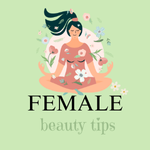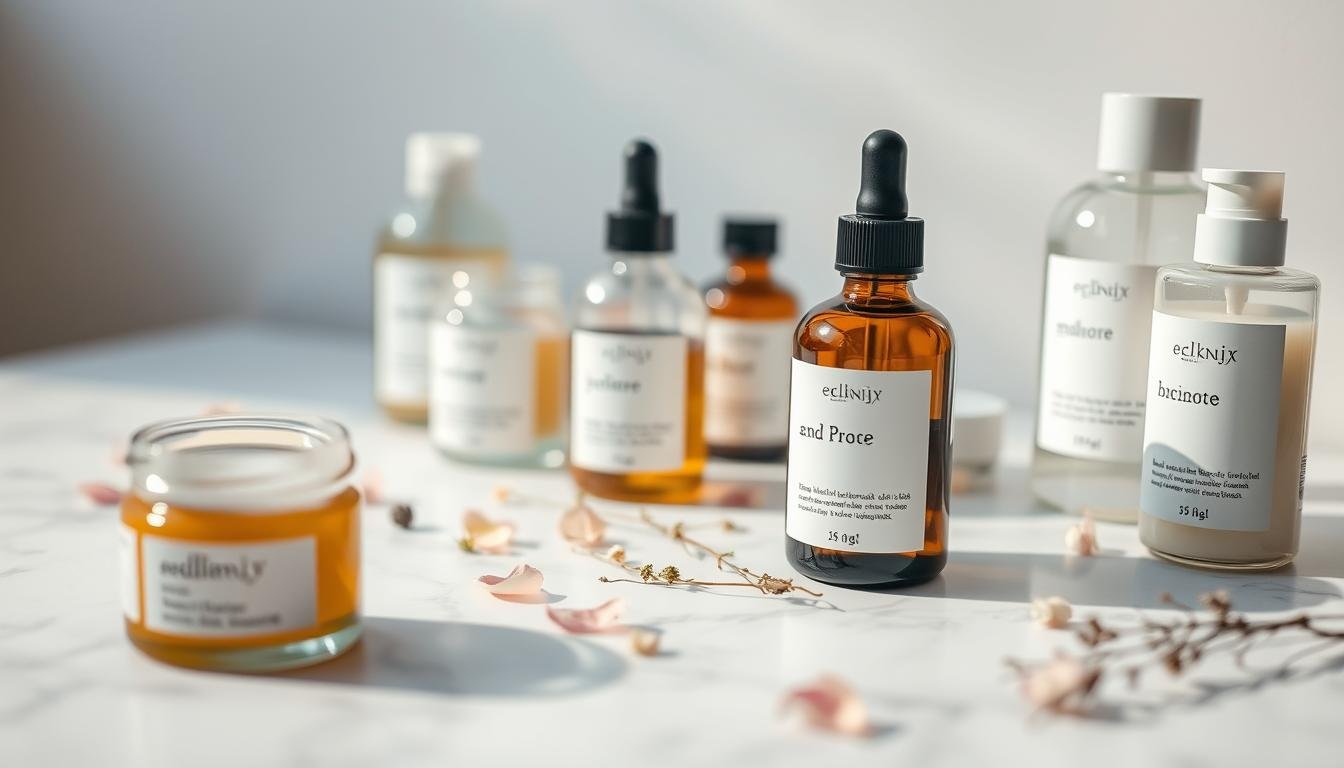What if your beauty routine could protect both your skin and living creatures? While many assume ethical beauty is a passing trend, the truth runs deeper. Products labeled “not tested on animals” often spark hope—but without legal standards, these claims can be misleading.
The movement toward compassionate choices isn’t just about avoiding harm. It’s about demanding transparency from brands. Did you know some companies bypass regulations by outsourcing animal testing to third parties? This guide will help you spot genuine commitments versus clever marketing.
Your values matter. Today’s shoppers want effective results and humane practices. By understanding labels, you’ll avoid greenwashing and support brands that align with your principles. Let’s explore how to build a routine that respects life—without sacrificing quality.
Key Takeaways
- “Cruelty-free” lacks legal definitions, making independent certifications vital
- Ethical beauty balances personal care with animal welfare priorities
- Consumer demand is reshaping industry standards and accountability
- Third-party loopholes allow hidden animal testing in supply chains
- Informed decisions require researching brand practices beyond labels
Introduction to Ethical Beauty
Your daily choices now shape tomorrow’s beauty industry. What began as a fringe idea has blossomed into a global shift—one where values matter as much as results. Over 70% of shoppers under 34 prioritize brands that align with their ethics, proving compassion isn’t just a buzzword.

Ethical beauty merges self-care with accountability. Instead of chasing quick fixes, it asks: Who benefits from your purchase? Forward-thinking companies now prioritize humane testing and eco-friendly sourcing. They’re proving quality doesn’t require compromise—luxurious textures and visible results thrive in ethical formulas.
Your power lies in research. Look beyond vague claims like “natural” or “clean.” Trust certifications from groups like Leaping Bunny, which audit supply chains. Bookmark brand websites—their approach to ingredient transparency often reveals their true priorities.
Every dollar spent sends ripples. Supporting ethical brands pressures competitors to evolve. It’s not just about avoiding harm—it’s building a future where beauty respects life. Ready to join the movement?
What is Cruelty-Free Skincare?
How do you know if your favorite lotion truly respects life? Cruelty-free means no part of a product’s creation involved harm to animals. This includes ingredients, formulas, and finished items. Brands committed to this standard reject outdated animal testing methods that cause pain or distress.

Traditional safety checks often used rabbits or mice to gauge skin reactions. These tests can leave burns, blindness, or worse. Modern alternatives like lab-grown tissues and computer models now provide safer, faster results. Yet some companies still rely on outdated practices through third-party labs.
Your choices matter. A “not tested on animals” label might only apply to the final formula—not individual ingredients. True ethical brands audit their entire supply chain. They use certifications from groups like Leaping Bunny to prove their claims.
By supporting these companies, you push the beauty industry toward humane practices. Over 45 countries have banned animal testing for cosmetics. Your purchases help expand this progress while keeping your routine aligned with compassion.
The Evolution of Cruelty-Free Practices
Imagine a world where beauty products evolved through compassion, not cruelty. Over 125 years of activism transformed this vision into reality. Grassroots efforts built momentum long before hashtags existed—fueled by pioneers who challenged the status quo.

Historical Milestones and Activism
In 1898, the British Union for the Abolition of Vivisection began exposing lab practices harming animals. Their work laid groundwork for modern standards. The game-changer arrived in 1978: the Leaping Bunny logo. This symbol became the gold standard for verifying ethical products.
Activists like Henry Spira targeted major brands in the 1980s. His campaigns forced companies to fund alternative testing methods. When celebrities joined the cause during the 1990s, awareness exploded. Stars used their platforms to spotlight hidden suffering in labs.
From Early Protests to Global Legislation
Change accelerated with scientific breakthroughs. Lab-grown skin models and computer simulations replaced outdated animal testing in many countries. Europe led the charge—their 2013 cosmetics ban inspired 45+ nations to follow.
Today’s industry owes its progress to relentless advocates. Every purchase supporting certified brands honors their legacy. You’re not just buying products—you’re voting for a future where innovation and ethics coexist.
Understanding Cruelty-Free Certifications
How can you trust a brand’s promise to respect animals? Certification logos act as your shortcut through the marketing noise. These symbols represent third-party verification—your assurance that a company meets strict ethical standards.
Leaping Bunny Program
The Leaping Bunny certification, managed by Cruelty-Free International, sets the highest bar. Partnering with groups like the Humane Society, they require brands to:
– Ban animal testing at every production stage
– Maintain a fixed cut-off date for any past practices
– Submit to annual supply chain audits
This criteria ensures no hidden loopholes. Companies must monitor suppliers and renew commitments yearly. Spot their logo—a leaping rabbit—on product packaging or their official site.
PETA’s Beauty Without Bunnies
Beauty Without Bunnies offers a simpler approval process. Brands complete a questionnaire and sign PETA’s pledge against animal testing. While less rigorous than Leaping Bunny’s criteria, it still provides basic accountability.
Check PETA’s site for certified brands. Their logo features a rabbit silhouette with “Cruelty-Free” text. Remember—some companies list both certifications for maximum transparency.
Always look for these logos rather than vague claims. They’re your map to ethical choices in a crowded marketplace.
Identifying Genuine Cruelty-Free Products
How can you trust labels when shopping for compassionate choices? Start by hunting for trusted certification logos on packaging. The Leaping Bunny symbol (a hopping rabbit) and PETA’s rabbit-face logo are gold standards. These marks mean third parties verified the brand’s entire supply chain.
Spotting Certification Logos
Flip products over and scan for specific symbols. Some brands skip certifications but state their status clearly on labels. Always cross-check claims by visiting the company’s site. Look for detailed policies about ingredient sources and testing timelines.
Ingredient Transparency and Energy Claims
Watch for vague terms like “natural” or “eco-friendly.” These don’t guarantee products avoid tested animals. Dig deeper: if a formula uses ingredients tested on animals decades ago, it might still carry hidden harm. Ethical companies share full ingredient histories online.
Avoiding Greenwashing Tactics
Leafy designs or earth-toned packaging often trick shoppers. Download apps like Cruelty Cutter to scan barcodes instantly. Bookmark databases like Bunny Free—they track brands that meet strict standards. Remember: true transparency means easy access to proof on a site.
Your power lies in asking questions. If a brand avoids sharing details about ingredients tested, consider it a red flag. With these tools, you’ll spot authentic compassion—not just clever marketing.
Benefits of Cruelty-Free Skincare
Your daily regimen does more than nourish your complexion—it shapes industry standards. Thoughtful selections create visible results while protecting what matters most. Let’s explore how mindful habits benefit both you and the planet.
Health and Skin Benefits
Products designed with ethics often skip harsh additives. They focus on ingredients that soothe rather than irritate. This approach reduces redness and calms reactive sensitive skin types effectively.
Many formulas avoid synthetic fragrances and parabens. These exclusions mean fewer breakouts and allergic responses. Your face gets protection without compromising comfort or safety.
Environmental and Ethical Impact
Every purchase signals demand for cleaner science. Advanced methods like 3D skin models replace outdated practices. These innovations cut lab waste and energy use dramatically.
Your choices push brands to audit supply chains thoroughly. Over 60% of consumers now prioritize companies sharing their values. This shift accelerates industry-wide transparency and accountability.
By visiting a brand’s site, you can verify eco-friendly packaging and fair sourcing. These details reveal true commitments beyond surface-level claims. Together, we build a future where beauty respects all life.
Cruelty-Free Skincare Product Roundup
Your search for ethical beauty solutions ends here. We’ve compiled standout options that deliver results while honoring strict compassion standards. Whether you prioritize affordability or luxury, this list celebrates innovation without compromise.
Top Ethical Skincare Brands
Q+A Skincare redefines budget-friendly care with zinc-infused serums under $15. For science-backed luxury, Augustinus Bader’s cellular renewal cream dominates cult favorites. K-beauty fans adore CosRx’s snail mucin essence—a game-changer for texture refinement.
Dr. Hauschka balances botanical blends with clinical rigor, while REN leads in sustainable packaging. Heritage brand Weleda offers USDA-certified body oils, proving ethics withstand time. Always verify certifications on a brand’s site—Pour Moi showcases dual approvals from Leaping Bunny and PETA.
Featured Products and Special Offers
Discover REN’s Evercalm Barrier Support Cream (25% off first orders) or Dr. Hauschka’s Rose Day Cream through their site exclusives. Augustinus Bader bundles include travel sizes—perfect for testing premium formulas.
Bookmark brand newsletters for seasonal deals. Many ethical companies offer recycling programs, turning empty jars into store credits. Your conscious choices now shape a brighter future for beauty.



